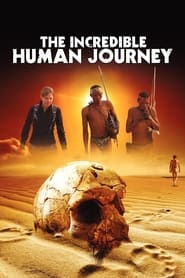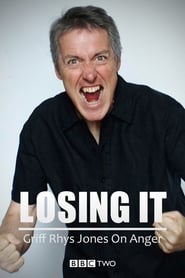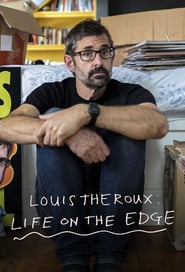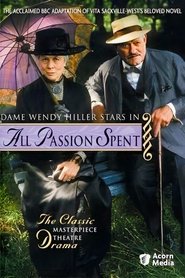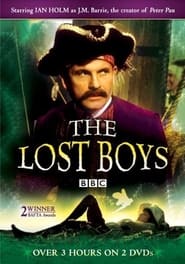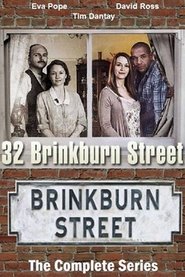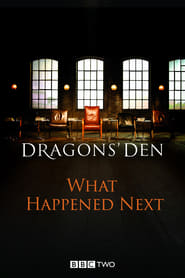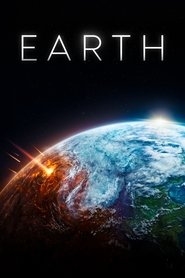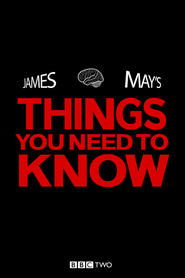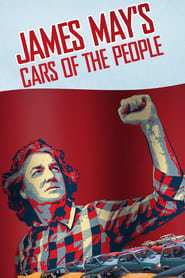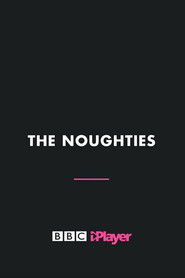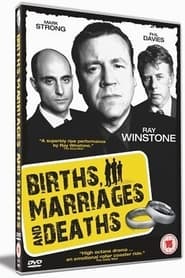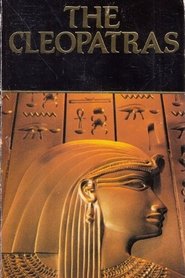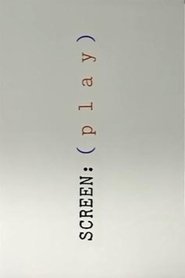Bbc Two TV Series - Page 34
-
The Incredible Human Journey
2009
star 7.5There are seven billion humans on Earth, spread across the whole planet. Scientific evidence suggests that most of us can trace our origins to one tiny group of people who left Africa around 70,000 years ago. In this five-part series, Dr Alice Roberts follows the archaeological and genetic footprints of our ancient ancestors to find out how their journeys transformed our species into the humans we are today, and how Homo Sapiens came to dominate the planet. -
Losing It: Griff Rhys Jones On Anger
2008
Griff Rhys Jones takes a startlingly honest look at anger in himself and others -
Rock Goes to College
1978
star 10Rock Goes To College was a BBC series that ran between 1978 and 1981 on British television. A variety of up-coming rock oriented bands were showcased live from small venues and broadcast simultaneously on television and radio during a 40-50 minute live performance. It was a follow-on to the mid-1960s BBC series Jazz Goes to College. -
Battlefield Britain
2004
star 6Father and son historians Peter and Dan Snow go through every major battle fought on British land, sea, and air from the ancient Romans to the Battle of Britain using state-of-the-art graphics. -
Louis Theroux: Life on the Edge
2020
star 7.3Louis Theroux reflects on 25 years of documentaries, featuring brand new conversations between him and his most memorable contributors. -
All Passion Spent
1986
star 7With the death of her husband, elderly Lady Slane deals with a succession of advice from her large flock of middle-aged children. The family is chagrined by, but honors, her choice to live a modest country retirement at some distance, in Hampstead Heath. -
The Lost Boys
1978
star 6The story of J.M. Barrie and his relationship with the Llewelyn-Davies family. Barrie writes PETER PAN for the five boys, and later adopts George, Jack, Peter, Michael, and Nicholas. -
Cities: Nature's New Wild
2018
star 8.2Discover the remarkable ways animals of all shapes and sizes are adapting to make the most of opportunities in the newest and fastest changing habitat on the planet - our cities. -
32 Brinkburn Street
2011
32 Brinkburn Street
2011
Drama moving between the lives, loves and lies of two generations of the same family who live at 32 Brinkburn Street in 1931 and 2011. -
Dragons' Den: What Happened Next
2010
Series following the Dragons as they leave the Den to return to their business empires and multimillionaire lifestyles -
Earth
2023
star 8.6There's nothing else like it. Chris Packham reveals the epic, four-billion-year story of our home - from its dramatic creation to the arrival of human life... and whatever's next. -
James May's Things You Need To Know
2011
star 7.4James May gives a straightforward guide to some of science's big ideas, explaining everything from evolution and Einstein to engineering and chemistry. -
James May's Cars of the People
2014
star 7.6James May takes a look at the 'peoples car'. Covering every form of cars for the masses - from the Beetle to the Kei Car, May looks at the many forms of people's car, their origins and their effect on history. Each episode covers a particular theme; these being cars from dictatorships, microcars and the dream cars we aspire to. -
Where's Elvis This Week?
1996
star 6Where's Elvis This Week? was a short-lived, half-hour, weekly comedy television program hosted by Jon Stewart that aired on Sunday nights in the United Kingdom on BBC Two. It was filmed at the CBS Broadcast Center in New York City and featured a set of panelists—two from the United Kingdom, and two from the United States. The panelists discussed news items and cultural issues. It premiered in the UK on 6 October 1996, and five episodes aired in total. Notable panelists included Dave Chappelle, Eddie Izzard, Phil Jupitus, Nora Ephron, Craig Kilborn, Christopher Hitchens, Armando Iannucci and Norm Macdonald. -
Births, Marriages and Deaths
1999
star 8The lives of long-time friends Alan, Terry and Graham are turned around after they play a drunken prank on their old headmaster. -
The Cleopatras
1983
star 3Eight-part drama covering the lives of the queens of Egypt from Cleopatra II in 145 BC to the death of the famous Cleopatra VII in 30 BC. -
Making the Most of the Micro
1983
Making the Most of the Micro was a TV series broadcast in 1983 as part of the BBC's Computer Literacy Project. It followed the earlier series The Computer Programme. Unlike its predecessor, Making the Most of the Micro delved somewhat deeper into the technicalities and uses that microcomputers could be put to, once again mainly using the BBC Micro in the studio for demonstration purposes. The series was followed by Micro Live. -
ScreenPlay
1986
star 6Screenplay was a drama anthology television series, broadcast on BBC between 1986 and 1993. Numerous episodes were produced including one named "Boswell and Johnson's Tour of the Western Islands" starring Robbie Coltrane as English writer Samuel Johnson who in the autumn of 1773, visits the Hebrides off the north-west coast of Scotland. That episode was directed by John Byrne and co-starred John Sessions and Celia Imrie. -
Five Fables
2014
Five Fables
2014
Enchanting animated series depicting Aesop's classic fables in a modern translation, narrated by Billy Connolly.
